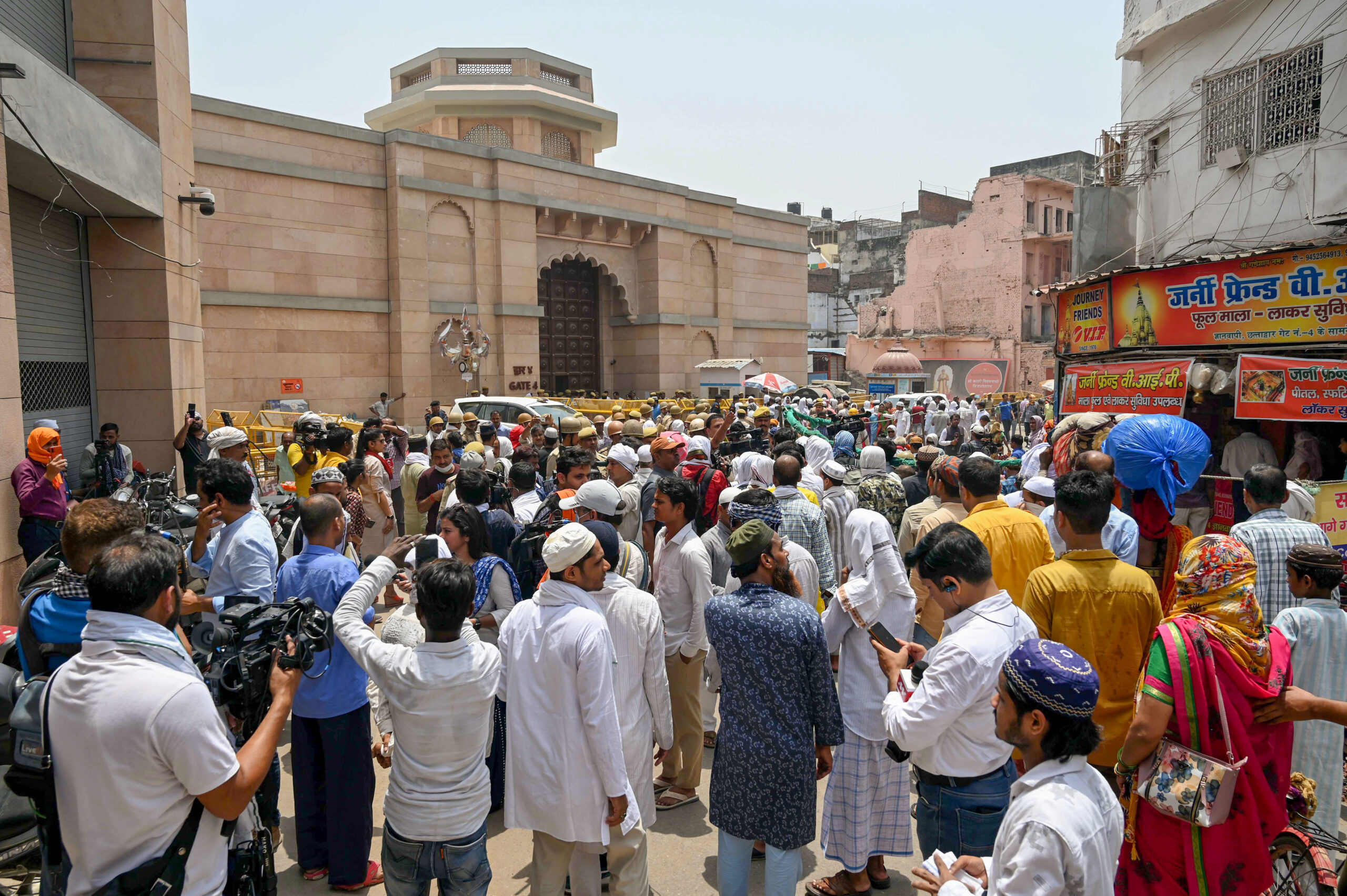
New Delhi, May 23
Advocate Ashwini Kumar Upadhyay, who has challenged the validity of the Places of Worship (Special Provisions) Act, 1991, before the Supreme Court, has sought to be made a party in the Gyanvapi mosque dispute.
In an application filed in the top court, Upadhyay – a Delhi BJP leader – urged the court to allow him to be added as a party for appropriate appreciation of the facts and circumstances of the case. The top court had in March 2021 issued notice to the Centre on Upadhyay’s petition.
The 1991 Act aims to protect the status of all religious structures as they stood on August 15, 1947, and debars courts from entertaining petitions raising any dispute over the character of such places of worship. Section 3 of the Act makes it clear that change of status of religious structures can’t be done, while Section 4 prohibits filing of any suit or initiating any other legal proceedings for a conversion of the religious character of any place of worship, as existing on the day of independence.
The Act said all cases already pending in courts—except the Ram-Janmabhoomi dispute at Ayodhya—would stand abated.
Upadhyay alleged that the 1991 Act kept a cut-off date of August 15, 1947, to legalise the illegal acts of barbaric invaders.
Only those places of worship should be protected, which were constructed in accordance with personal law of the person constructing them. The places of worship constructed in derogation of the personal law can’t be termed as a ‘place of worship’, he submitted.
”It is submitted that Hindus Jains Buddhists Sikhs have the right to profess, practice and propagate religion as provided in their religious scriptures and Article 13 prohibits from making law which takes away their rights. Moreover, the status of mosque can be given only to such structures which have been constructed according to tenets of Islam and mosques constructed against the provisions contained in Islamic law cannot be termed as Mosque,” Upadhyay stated in his plea.
Muslims can’t assert any right in respect of any piece of land claiming to be a mosque unless it has been constructed on legally owned and occupied virgin land, he said, adding a temple’s religious character does not change after the demolition of roof, walls, pillars, foundation and even offering Namaz.
The property once vested in the deity continued to be deity’s property and right of deity and devotees were never lost, irrespective of long illegal encroachment on such property, he submitted.
Discussions
Discussions